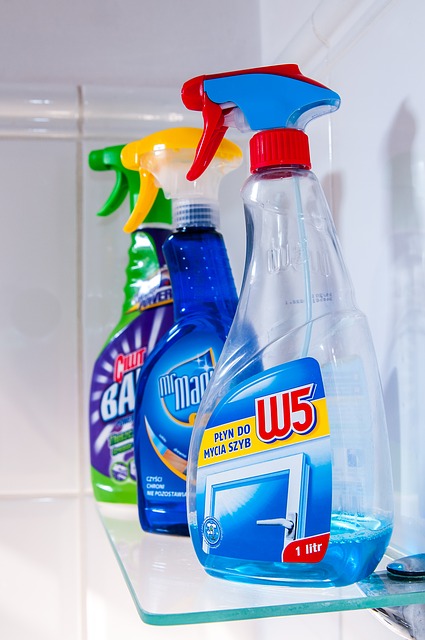
Losing a parent or sibling is considered one of the 10 most stressful life events on the Holmes Rahe scale. Children who lose a loved one can
experience a wide range of emotions including sadness, anger and denial. Some experience ‘survivor guilt’, which can occur when a sibling is lost to an illness. It is important for family members who remain to work hard to ensure that children are protected against depression, anxiety, and other mental conditions in the long term, by employing positive parenting strategies, creating a safe environment in which to mourn, and helping them build key cognitive and behavioral skills ~ if necessary, with the help of a skilled therapist.
How does Positive Parenting Work?
According to a study published in the journal Professional Psychology, “Positive parenting by the surviving parent is the single most consistently supported malleable mediator of the adjustment of parentally bereaved children.” Of course, this also applies when the person lost to the family is another child. Positive parenting involves open communication {in which children are free to express how they feel, even when their emotions are negative, as well as to ask questions}; a balancing kindness and discipline; and spending time with children to help them find meaning or at least feel a sense of regeneration following their loss.Parents who are at a loss with respect to finding the right balance between acceptance and setting healthy routines and limits, should seek the help of a therapist, who can help in this area, as well as with cognitive-behavioral therapy {CBT} techniques.

